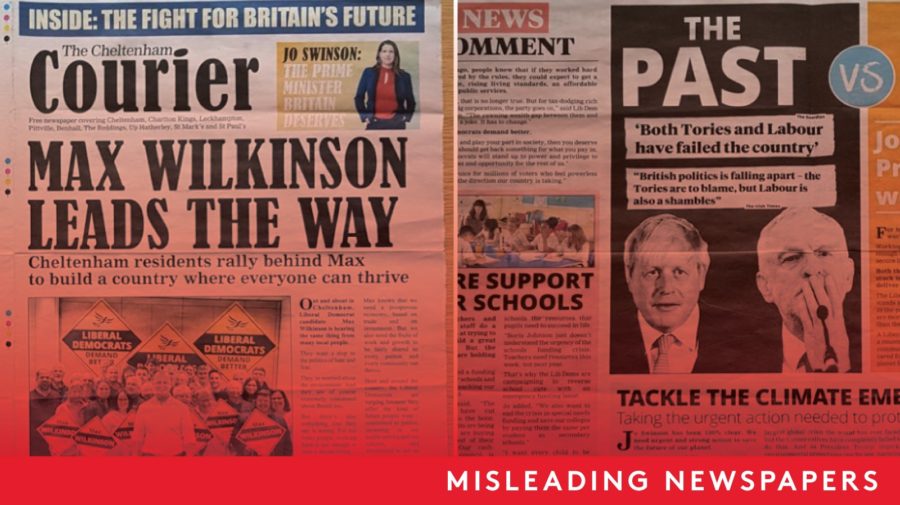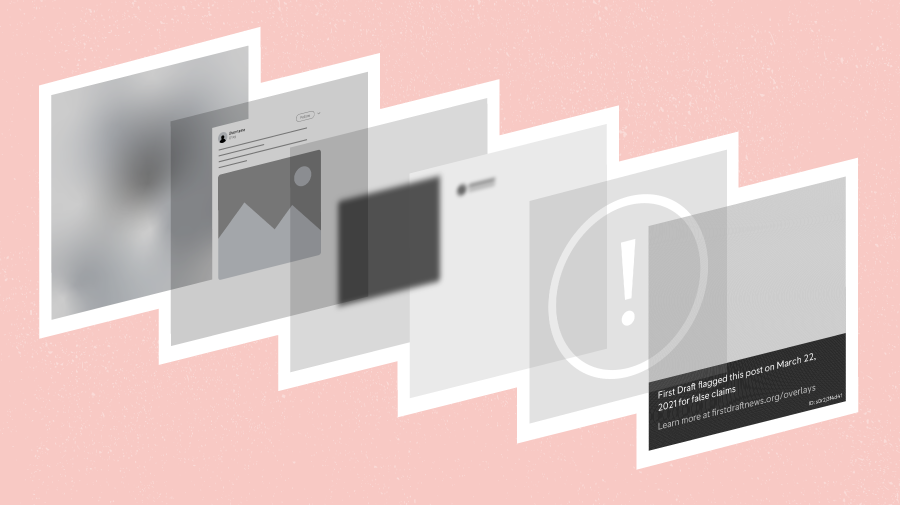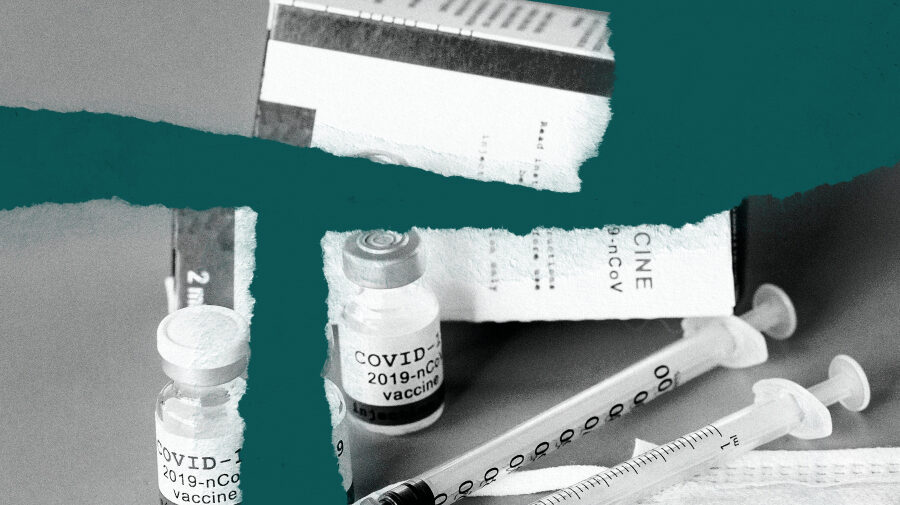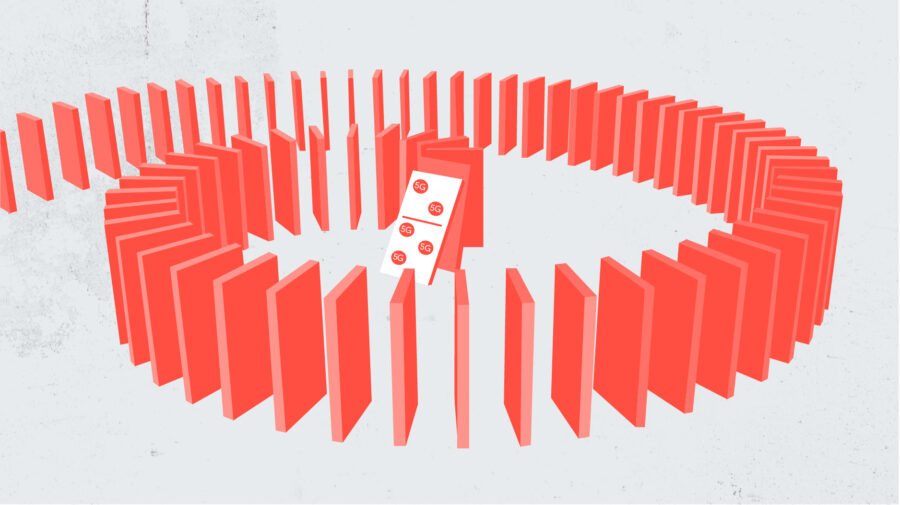Election literature from political parties masquerading as newspapers has been described as “underhand” and “unethical” by voters.
The ‘fake’ newspapers — including ‘St. Albans and District News’, ‘Hazel Grove Gazette’ and ‘Cheadle Challenger’ — have been reported in at least 13 constituencies in recent days, according to research from First Draft’s collaborative CrossCheck initiative.
The Liberal Democrats appear to be promoting the leaflets in at least 12 areas.
Joanne Wardle, a radiographer from Leeds, told First Draft: “I have been a Lib Dem voter for years. We had a brilliant Lib Dem MP (Greg Mulholland). But this has really put me off them. I always thought of them as the most above-board party, but this is subtly underhand.”
Is this ethical? Dressing up lib dem election campaign leaflets as a local newspaper? #Election2019 #LibDem pic.twitter.com/SOWNYz53ci
— Joanne Wardle ☢️ (@joannewardle) November 16, 2019
On Tuesday Lib Dem leader Jo Swinson told LBC radio the spread of disinformation around the election was “worrying” after a viral hoax falsely claimed she had attacked squirrels. Mrs Swinson is pictured on nearly all of the newspapers with the caption “the prime minister Britain deserves”. A Lib Dem spokesman said: “We stand by keeping local people informed of local issues.”
Gavin Deichen, who posted images of the Conservative and Liberal Democrat newspapers from Cheltenham, said they are “definitely designed to look like newspapers. The size, layout, font, paper type are all clearly designed to emulate local papers.”
Mr Deichen, 39, who works at a software company in Cheltenham, added that these kinds of campaigns “especially in the current climate of blatant dishonesty – make[s] me think less of a party/candidate who chooses to use such a format”.
And the Liberal Democrat newspaper-looking promotion: pic.twitter.com/23LhRLvWWR
— Gavin Deichen (@gdeichen) November 21, 2019
Mr Deichen also reported a similar “newspaper-looking promotion” from the Conservative Party.
Nationwide, some of the leaflets are clearly labelled as “news from the Liberal Democrats” but others make the association less visible. In St Albans, the Lib Dems leaflet is labelled as simply a “free newspaper” for the area.
First Draft was first made aware of the disputed leaflets in a tweet from Manchester Evening News journalist Jen Williams.
Using specific search strings on Twitter targeting the political parties and their newspapers, First Draft found that several users have called out the newspapers as misinformation campaigns by the parties.
Other leaflets designed to look like authentic newspapers with misleading names include ‘St. Albans and District News’, ‘Hazel Grove Gazette’ and ‘Cheadle Challenger’.
The papers have been reported in constituencies across England as well as in Cardiff, Wales.
It is not just the Lib Dems which have been accused of creating their own newspapers and distributing them. Luke Bailey from The i Paper posted an image of a newspaper called the ‘Daily Press’ that supports the Labour Party.
Purporting to serve the London constituency of Tooting (the areas of Balham, Tooting, Earlsfield and Tooting), the paper says it was ‘Paid for by local residents’ and features the Party’s logo on the bottom right.
Not the only ones, tbf, Labour also do this on a local level. pic.twitter.com/kwVI6JjY1D
— Luke Bailey (@imbadatlife) November 19, 2019
Naomi Oppenheim, a researcher at the British Library and University College London, said: “I’ve been told that all parties do it. I have to say I don’t think it’s ethical for any party. But I have only personally seen the Lib Dem papers. And they appear to be going to great lengths to disguise the fact that they are not genuine local papers.”
All the three parties have been accused of misleading voters with literature during the campaign. Liberal Democrat leaflets with misleading charts and misappropriated quotes caused a furore, while the Conservatives have been criticised for changing the Twitter account of their press office to ‘FactCheckUK’ during the recent debate between Boris Johnson and Jeremy Corbyn.
The Conservatives and Labour have been contacted for comment.






